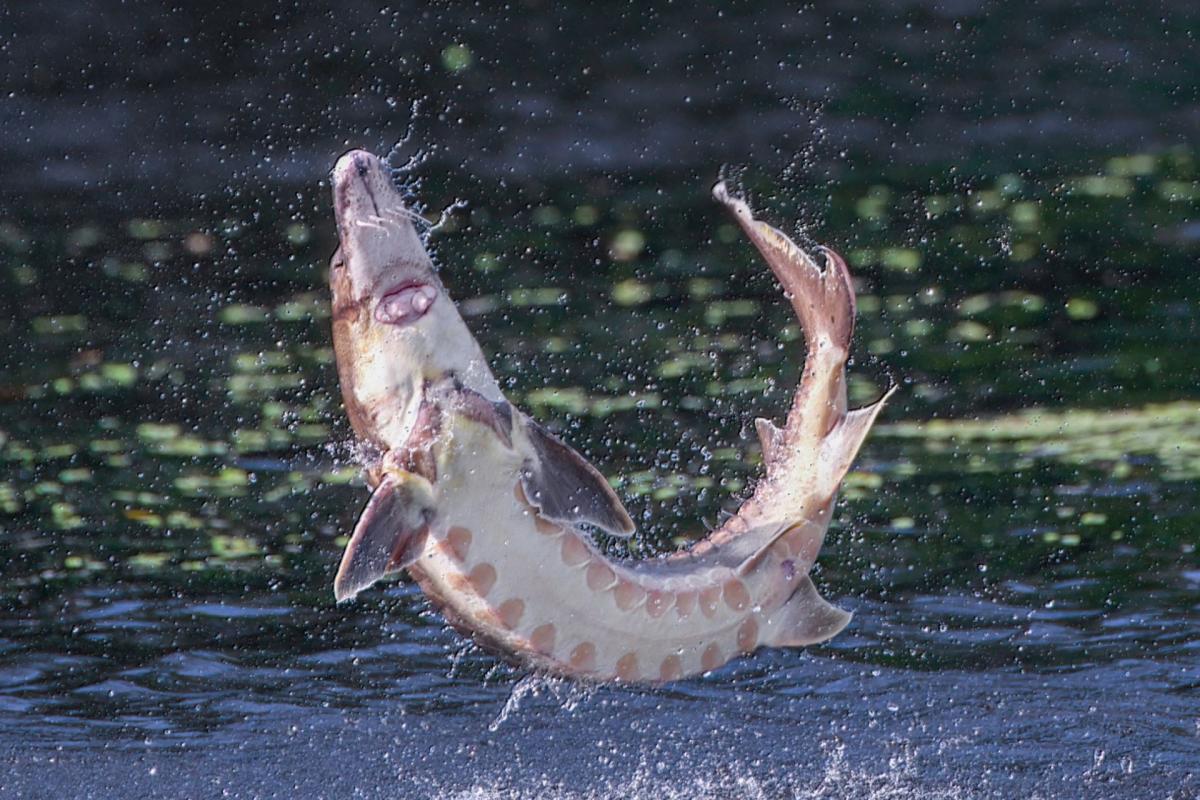
A fish species that hasn’t been seen since the late 19th century was reintroduced to its habitat.
According to Nature World News, the Atlantic sturgeon disappeared from its home in the Göta älv River in Sweden due to pollution and overfishing. The fish is now swimming in the river because of conservation efforts from the Swedish Anglers Association, the Museum of Natural History in Gothenburg, and several universities.
This conservation effort will gradually introduce the species once a year over the next 10 years to ensure there will be a population that can support itself. One hundred juveniles transferred from a German farm have been released into Göta älv to start the project.
Project manager Linnea Jagrud said, ‘This is a fantastic start.”
The sturgeon is expected to benefit the river’s ecology because it eats material at the bottom. In addition, the fish oxygenate the riverbed’s sediment, which will help all the small species in the water.
The Atlantic sturgeon is a migratory species. They spend their formative years and reproduce in freshwater.
Watch now: Honda reveals how it’s rethinking electric vehicles from the ground up with exciting new concept cars
The sturgeon may also benefit other migratory species, such as European eels and salmon, whose life cycles depend on healthy river water. This is good news for the Atlantic salmon, which is a protected fish under the Endangered Species Act.
Improving the water can encourage the fish to return. For example, another protected salmon species, the coho salmon, was absent from the Olema Creek last year, but in 2024, there were 70 nests recorded. It’s believed they returned because of the improved habitat.
According to the European Anglers Alliance, Atlantic sturgeon have “cultural-historical value,” and archaeological finds dating back to the 15th century have been found in the Göta älv River. The reintroduction of this species will “restore the lost identity of the waterway.”
You can help ensure that species are not lost again. By using your voice, you can demand that your representatives implement policies to reduce pollution so that it doesn’t cause species to vanish.
The scientists will monitor the sturgeon by watching their eating patterns and how they maintain the river’s health.
Johan Höjesjö, Professor of Ecological Zoology at the University of Gothenburg, said in a press release, “It will be exciting to see how the sturgeons affect life in the river. Although Göta Älv is the most fish species rich freshwater river in Sweden, it’s surprisingly little studied.”
Join our free newsletter for cool news and cool tips that make it easy to help yourself while helping the planet.
EMEA Tribune is not involved in this news article, it is taken from our partners and or from the News Agencies. Copyright and Credit go to the News Agencies, email news@emeatribune.com Follow our WhatsApp verified Channel





